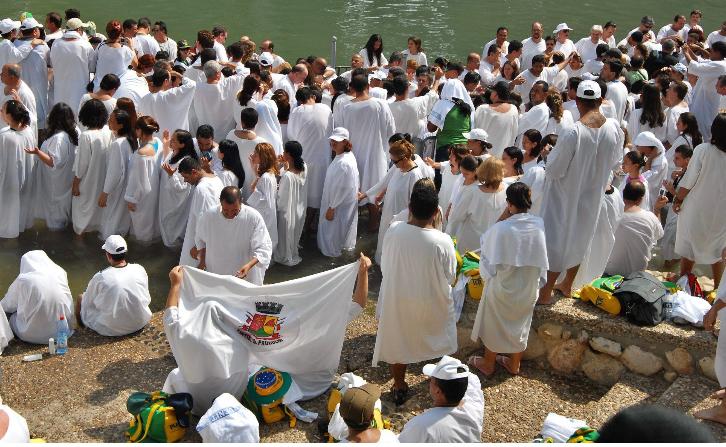Morocco Reforms Abortion Taboo
It was just 07:00 and Hoda was walking alone to a clinic in the Moroccan coastal city of Agadir. She skipped breakfast: the Senegalese doctor had told her that the abortion would be better done on a empty stomach.
Four months pregnant by a man who didn’t want to marry, she felt she couldn’t have the child in a society that sees unwed mothers as little better than prostitutes. But as she approached the illegal clinic, something was clearly wrong.
Police escorted a handcuffed doctor out of the clinic as a crowd gathered outside. Inside, a woman had just died from a botched abortion.
“She had haemorrhaged, there was blood everywhere,” recalled Hoda, who spoke on condition that her last name was not used because of the sensitivity of the situation.
An estimated 600 to 800 abortions are performed every day in Morocco, where the operation is illegal except in cases of threat to the mother’s health. Although the procedure is widely practiced underground, the subject has long been taboo.
Years of activism, however, have culminated this month in a new official move to reform the law to stem the tide of illegal abortions by making operations more accessible.
“Morocco’s penal code on abortion is very restrictive, the law is not fair to women,” Moroccan Health Minister Houssaine Louardi told The Associated Press. “It’s out of date and doesn’t take into account the reality that Moroccans live in these days — there is an urgent need to revise this law.”
With the exception of Tunisia, where it was legalised in 1973, abortion in the Arab world is mostly illegal except in cases of foetal malformation or danger to the mother’s health – though in most countries there is an informal “don’t ask, don’t tell” policy that makes the practice widespread. Reform in Morocco could have wide repercussions for women around the region.








